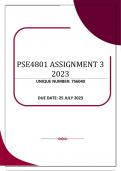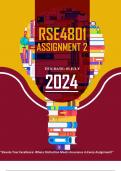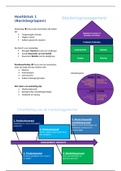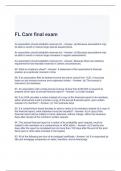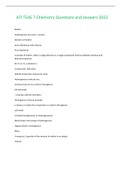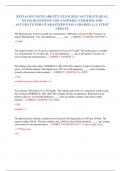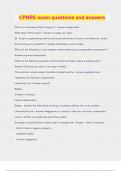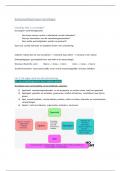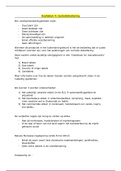Other
PSE4801 ASSIGNMENT 3 - 2023 (756040)
- Course
- PSE4801 (PSE4801)
- Institution
- University Of South Africa (Unisa)
PSE4801 ASSIGNMENT 3 - 2023 UNIQUE NUMBER: CLOSING DATE: 25 JULY 2023 AFRICAN PHILOSOPHY OF EDUCATION 1. Introduction Discuss how the (post) analytical tradition of philosophy of education influences African philosophy. (10) 2. Body of the essay 2.2 African philosophy does not s...
[Show more]
